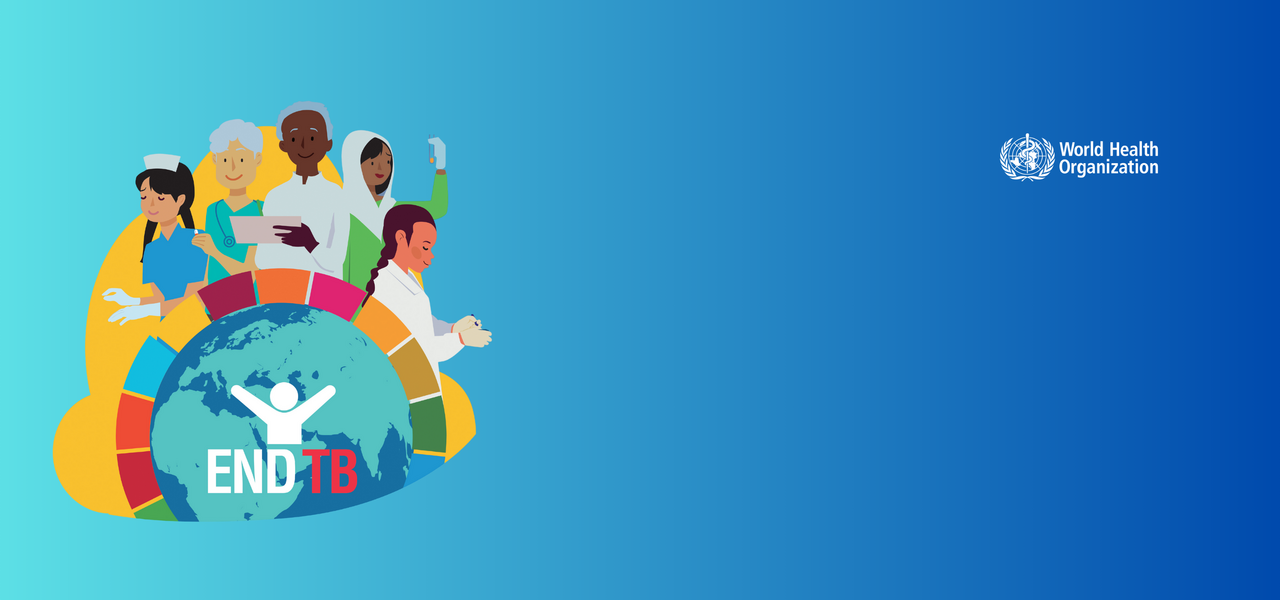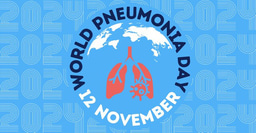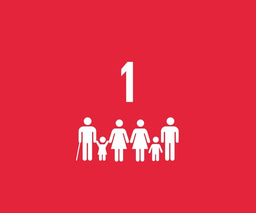World Tuberculosis Day 2025: Yes! We Can End TB : Commit, Invest, Deliver
Published in Sustainability and Biomedical Research

World Tuberculosis (TB) Day observed annually on the 24th March, amplifies the urgency of ending TB—the world’s deadliest infectious disease. TB continues to devastate millions globally, inflicting severe health, social, and economic consequences, with 1.25 million TB deaths in 2023 alone. This year’s theme, Yes! We Can End TB: Commit, Invest, Deliver, is a bold call for hope, urgency, and accountability.
We would like to share articles, collections, a new launch journal and content selected by our publishers that supports this objective, aligning with our commitment to support and amplify the Sustainable Development Goals (SDGs), specifically SDG 3: "Ensure healthy lives and promote well-being for all at all ages", and the related key targets.
New Launch Journal - Mycobacteria (BMC)

Further information on this new launch journal can be found on the Mycobacteria homepage.
Collections
Mycobacteria are currently accepting submissions to collections on Biomarkers and Animal Models for Tuberculosis Research, Diagnosis and/or Treatment Monitoring and Combating Antibiotic Resistance and the Discovery and Development of Novel Therapeutics for Tuberculosis Control, encouraging research that enhances our understanding of TB diagnosis, treatment monitoring and the critical issues surrounding antibiotic resistance in Mycobacterium tuberculosis.
A collection at Scientific Reports is also welcoming submissions to their, soon to be closing collection, Climate change and respiratory disease focused on climate change and its impact on a variety of respiratory diseases such as chronic obstructive pulmonary disease (COPD), asthma and tuberculosis.
Finally, BMC Global and Public Health recently hosted a collection on Identifying people with tuberculosis and linking to care: finding the missing millions, aiming to collate a selection of papers focused on the breadth of multi-disciplinary studies and advances in diagnostics, epidemiology, policy, frameworks, and implementation in the field of TB.
Research Highlights
The importance of improving prevention/treatment options for TB is showcased in an article from Scientific Reports which found that vaccine efficacy gradually decreases in individuals from adolescence over time, resulting in reduced immunity. Due to this, this study investigated a potential booster vaccine where it was found that a recombinant mycobacterial DNA-binding protein 1, with post-translational modifications, could be harnessed to boost IFN-gamma production from BCG-vaccinated individuals’ blood cells in combination with CpG-DNA. Furthering on this, a research article by Biology Direct discovered that glycosylation on the affinity of the MTB protein Ag85B for specific antibodies could be utilised to design a more effective dual-action vaccine for TB, improving immunity and potentially reducing its spread and impact. Finally, a study from the ISRCTN Registry assessed the immunity effects of azithromycin on patients, with pulmonary tuberculosis, identifying that azithromycin suppressed the production of inflammatory cytokines and as such is a promising adjunct to current tuberculosis treatment to prevent long-term pulmonary complications. The final objective of this project is to conduct a pilot clinical study, evaluating the immunomodulatory effects of azithromycin in Congolese patients with pulmonary tuberculosis.
With the World Health Organisation (WHO) currently listing antimicrobial resistance (AMR) as one of the top global health threats of 2024, the importance to combat AMR is of the upmost importance. A study published in ISRCTN registry outlined the usefulness of whole genome sequencing (WGS) in diagnosis and clinical management of drug-resistant TB patients in developing countries, specifically Tanzania, and its current effectiveness in diagnosis and management of drug resistance TB patients in developed countries. With the aim of this study being to assess whether WGS is effective in diagnosis and management of drug resistance TB patients and whether this could be better implemented in developing countries by improving expertise and financial aid.
TB awareness is crucial to combatting its spread and in the implementations of new preventive measures and treatment options, with developing countries accounting for 95% of TB deaths globally. An article published by Communications Medicine assessed data sets from the National Family Health Survey conducted in India, determining the proportion of men and women who knew how TB spreads. These findings can be used to develop gender-specific, comprehensive people awareness programs to raise awareness about TB. Furthering on this, a study from BMC Medical Informatics and Decision Making conducted a qualitative study to inform the development of a decision support tool for the diagnosis of pulmonary TB in Tigray, Ethiopia. With TB being Ethiopia's leading infectious disease and the ongoing war in the Tigray region of Ethiopia prediction models are recommended to aid the diagnosis of TB in resource-limited settings. Finally, a research article from BMC Primary Care conducted a qualitative study from the Indian state, into exploring private sector perspectives on barriers and facilitators in availing TB care cascade services. The study aimed to understand the perspectives of private practitioners on patients’ TB care cascade to reinforce existing interventions by assuring the quality of care to TB patients.
Research Communities Blogs
In support of this year's campaign, our authors, researchers and editors have also shared their own perspectives on rethinking our current approaches and systems for addressing TB in a series of blogs now available on the Research Communities.
In a Behind the Paper blog, Ai Keow Lim, Fahmidur Rahman & Maham Zahid the authors of "A mHealth intervention for smoking cessation in people with drug-sensitive pulmonary tuberculosis" discussed their motivations for conducting the trial, how it was conducted and the outcomes of such a trial in raising awareness for TB and the benefits of stakeholder engagement in fostering strong relationships for future policy development and implementation.
In a News and Opinion blog for World AIDS Day by Ramakrishnan Sitaraman he outlines the dangers of opportunistic infections to people with AIDS with particular focus on AIDS-associated tuberculosis, with TB being the single most common opportunistic infection among HIV-positive individuals and accounting for an estimated one-third of global AIDS-related mortalities.
In another Behind the Paper blog author Simon Grandjean Lapierre outlines the use of AI in the diagnosis of TB by identifying distinctive cough sounds that produce a specific acoustic signature that AI models can be trained to recognise. Earlier studies using smaller datasets have shown that cough-based TB screening models can achieve up to 93% sensitivity and 95% specificity - surpassing the accuracy of current symptom-based screening methods.
Conclusion
To find out more about World Tuberculosis Day and join the campaign, please visit the official WHO page to find out how you can increase awareness, become an advocate, and read and share experiences from the global community.
Follow the Topic
-
Mycobacteria

This is a comprehensive, peer-reviewed publication focused on advancing mycobacterial research along with their practical applications.




Please sign in or register for FREE
If you are a registered user on Research Communities by Springer Nature, please sign in